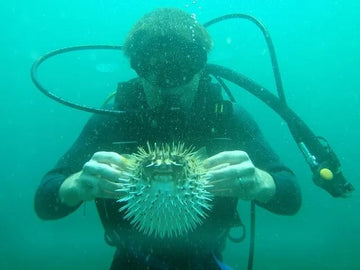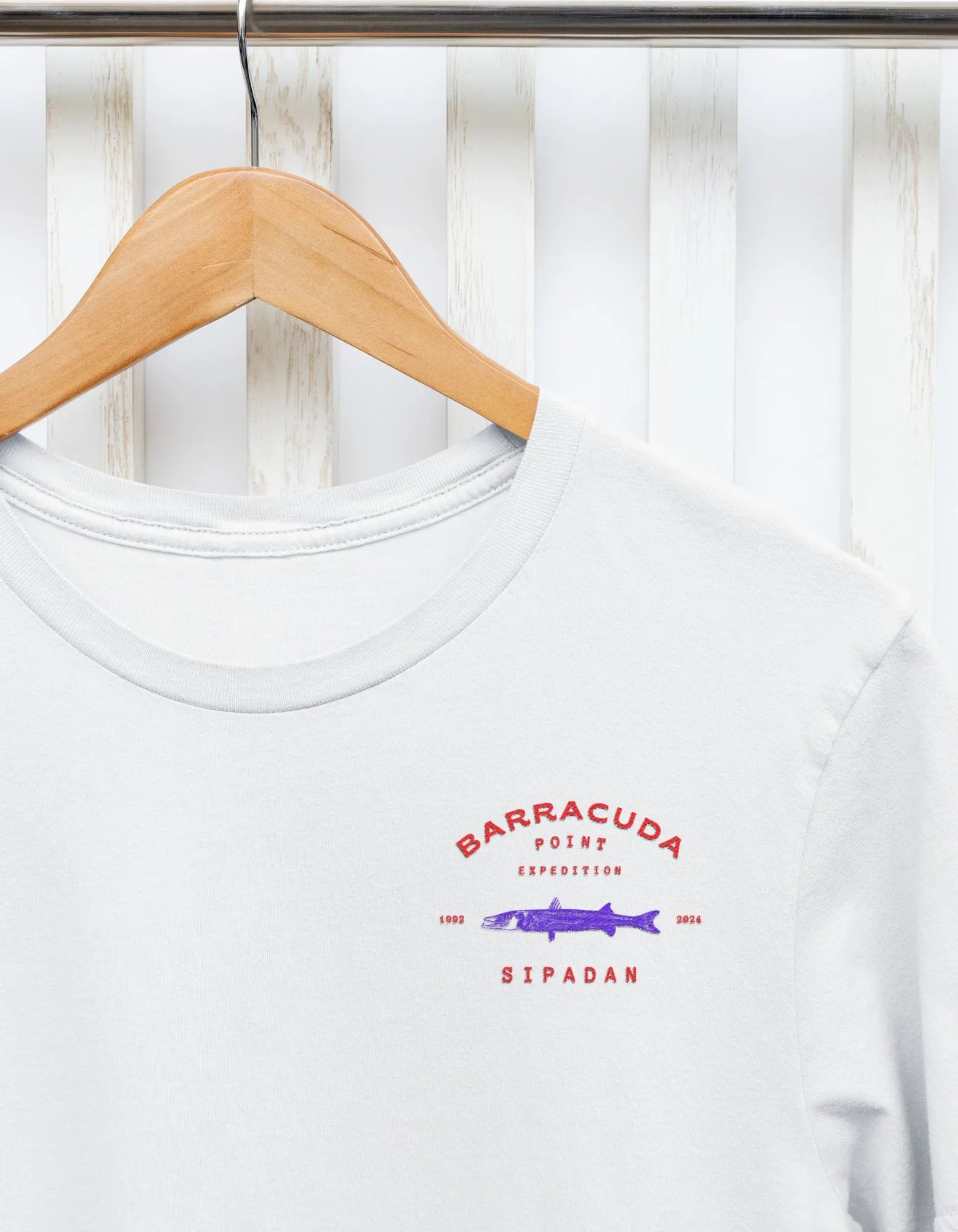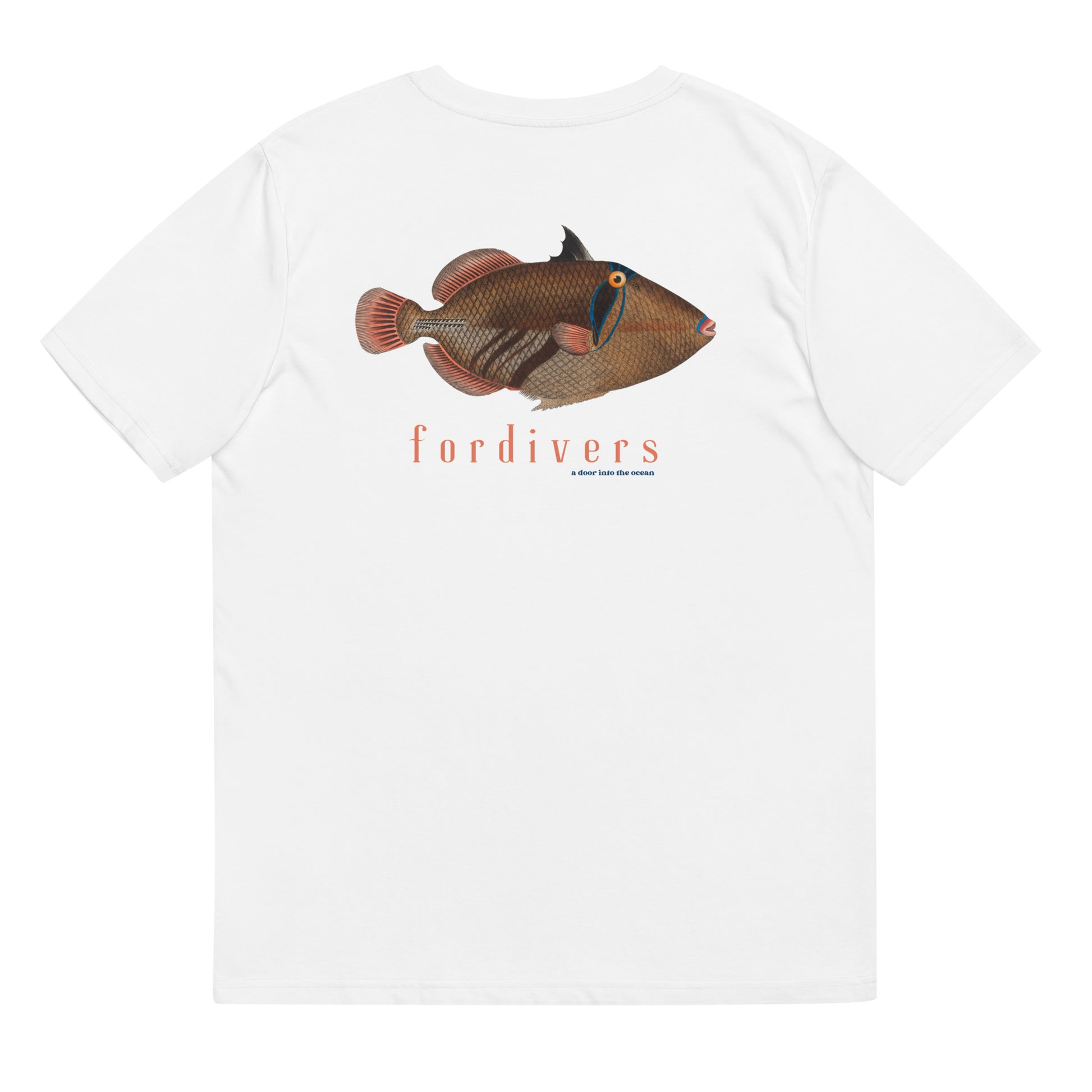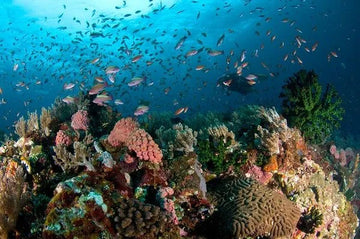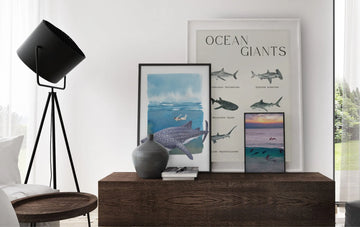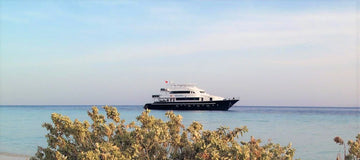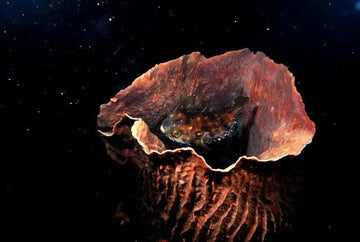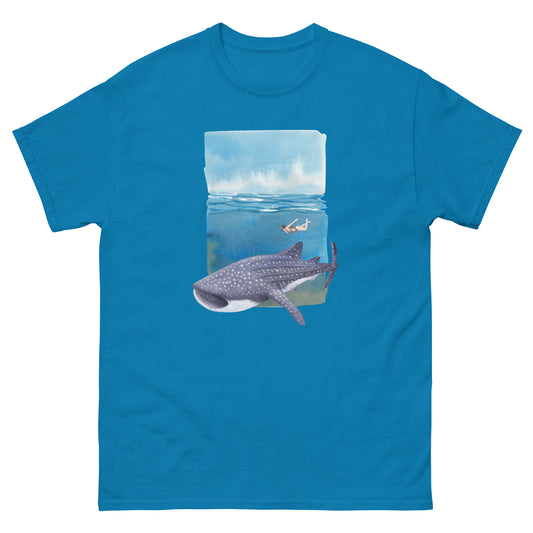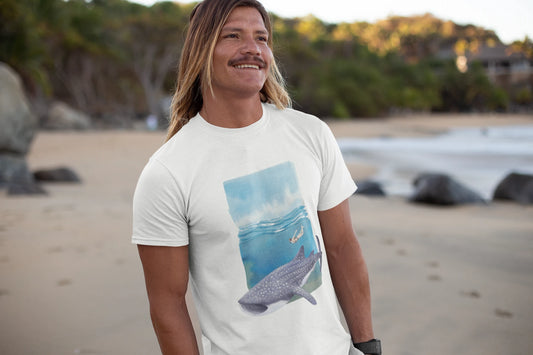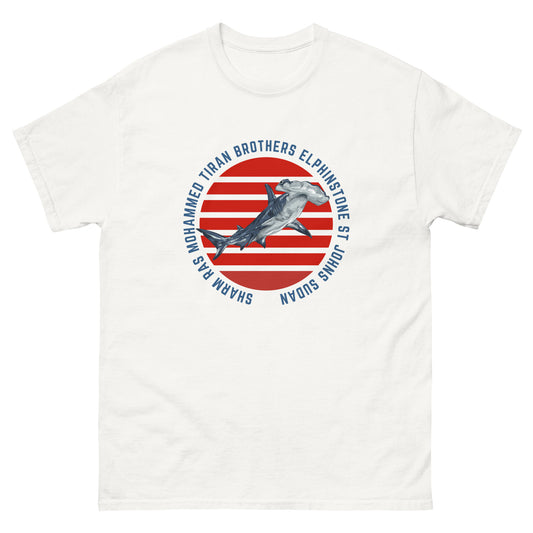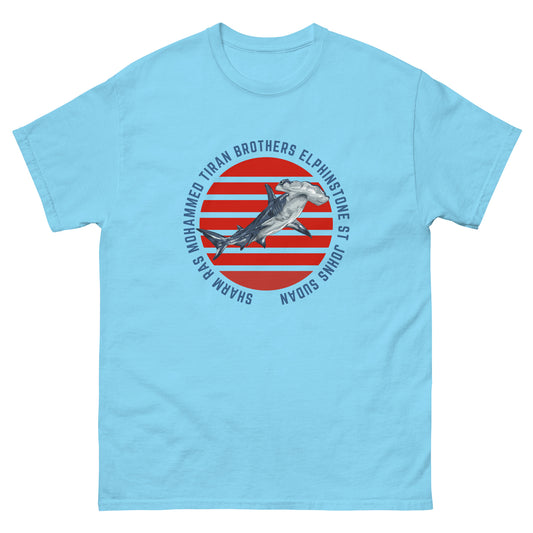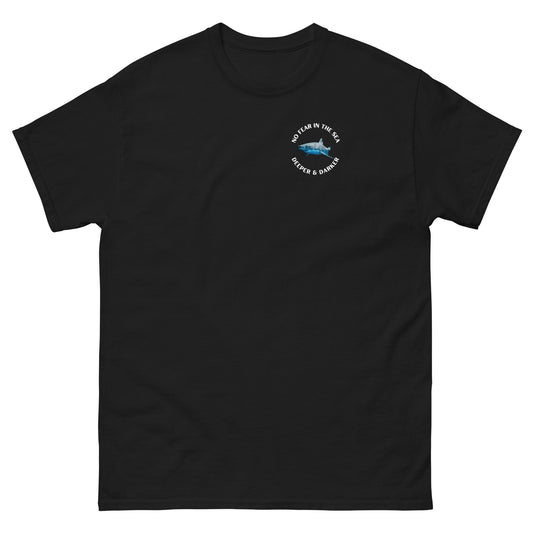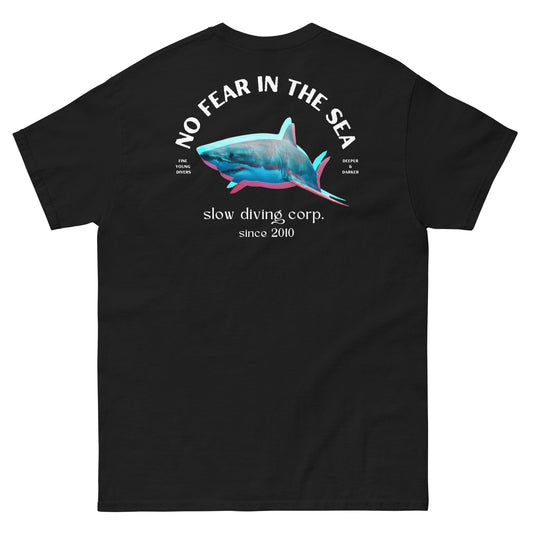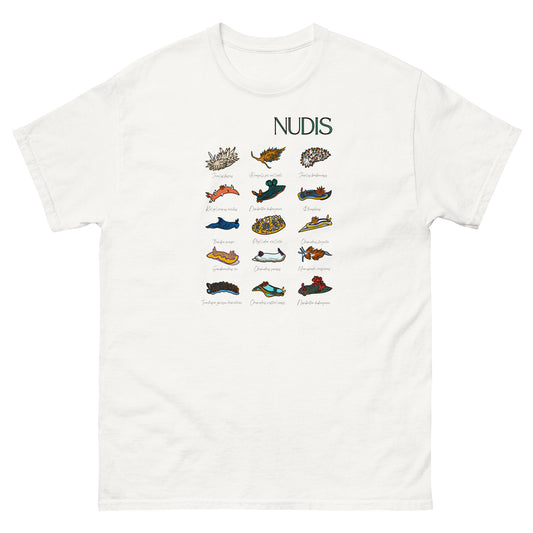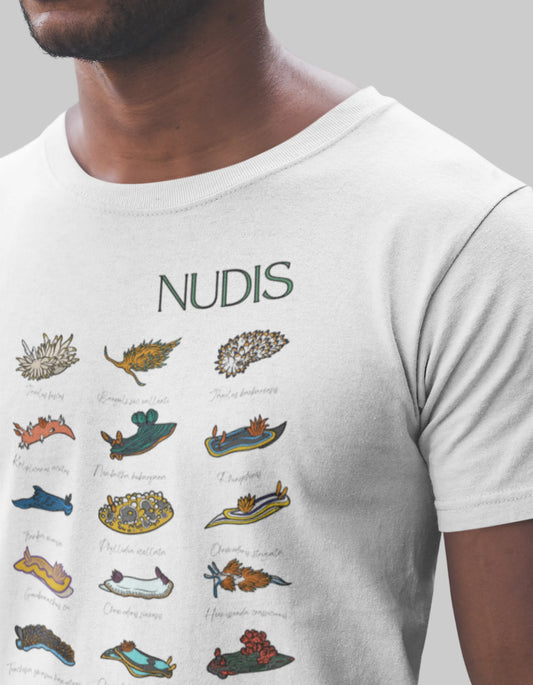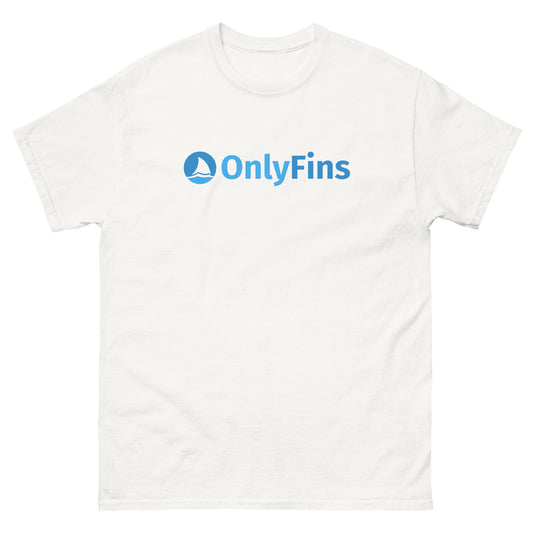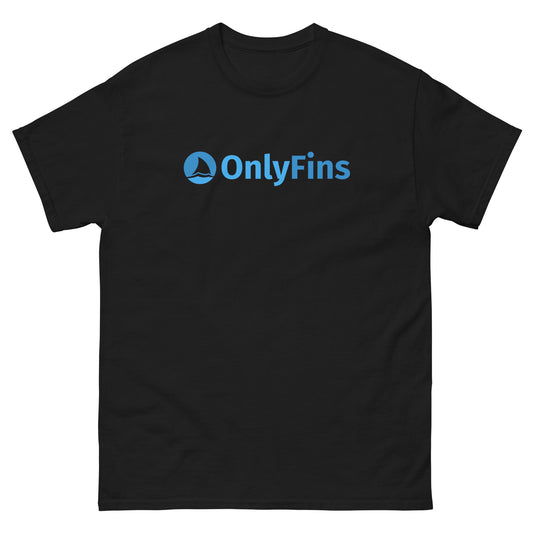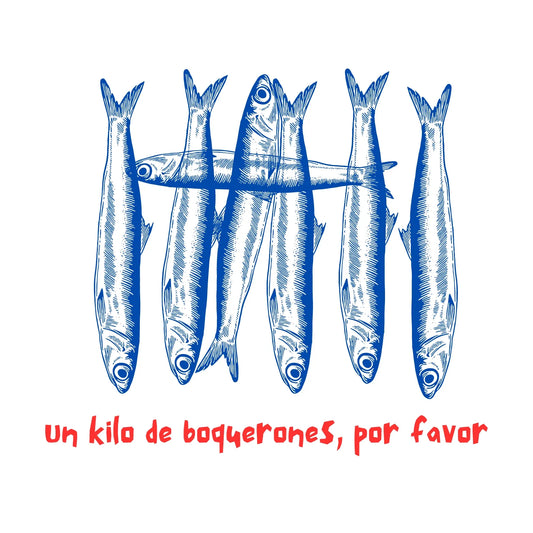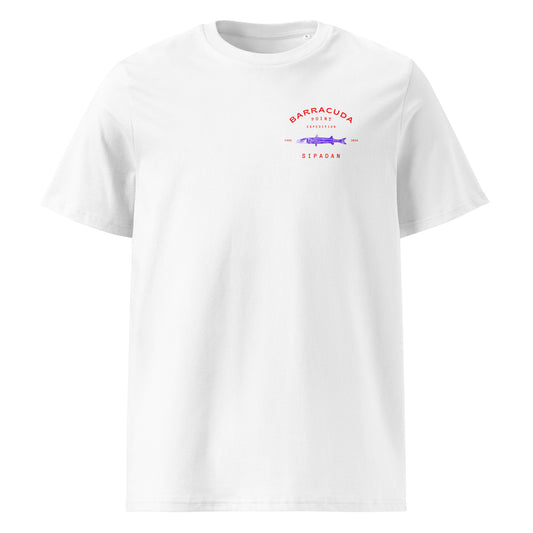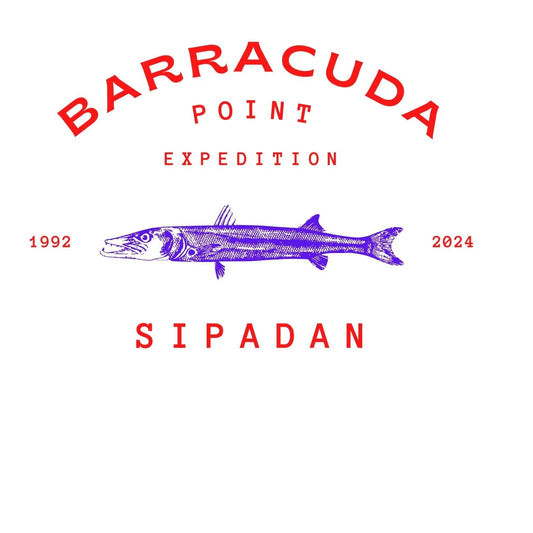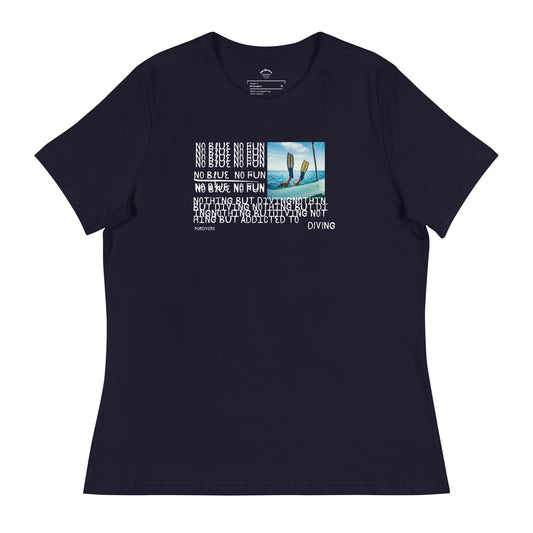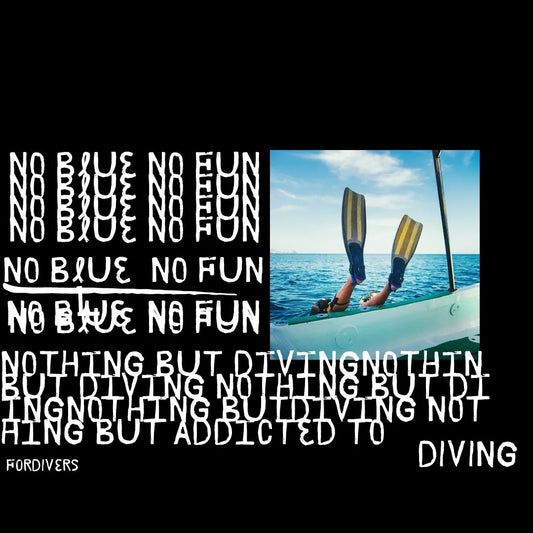There was a time when divers' respect for marine species was questionable. Many marine species were touched, fished, and killed without considering the impact on the ecosystem. This was largely due to divers transitioning from freediving and fishing. Corals were ripped off as trophies, no care was given to the fins, and alleged pests were eradicated without scientific control. Even the revered Jacques Cousteau and his team didn't hesitate to use dynamite on a reef to count and catalog species, resulting in the destruction of many fish, including humphead wrasses and angelfish.
As the diving industry grew, respect for wildlife became the norm for most divers. Campaigns to raise awareness about conserving coasts, reefs, and marine species began in the 90s. Today, few divers are unaware that touching marine creatures is harmful to the ecosystem. However, some divers still can't resist the urge to touch a whale shark or grab an octopus for a photo. There are even dive centers that artificially feed species for a "better diving experience." How can someone who claims to love marine life hold onto a manta ray like it's a scooter? Do they think a pufferfish enjoys filling up with water to save its life? Can sharks carry an 80-kilo remora?

To dive responsibly with marine life, just follow these basic guidelines:
T-Shirts for Ocean Lovers
SEE MORE T-SHIRTS FOR OCEAN LOVERS
- Do not touch marine life. Some marine animals have protective layers that are stripped away by contact, exposing them to parasites and infections. Touching or "playing" with them also stresses and scares them, disrupting the dive experience for others who are observing marine life. Avoiding contact with marine fauna is safer for both you and them.
- Be extra cautious around coral. Corals are very sensitive to contact: the part that's touched dies. Good divers never touch coral with their fins, and those who need to use reef hooks in strong currents attach them to dead coral or rocks.
- Leave only bubbles, take only photos. Taking any species out of the ocean or leaving debris on the seabed destroys marine life and disrupts the ecosystem. If you're interested in underwater photography, maintain good buoyancy and ensure you don't cause harm when preparing for a photo.
- Pay attention to your octopus and pressure gauge. Secure all accessories to your buoyancy control device and prevent them from touching the seabed, rocks, or coral.
- Watch out for sandy bottoms. There's more life in sandy bottoms than we realize, inhabited by various creatures. Treat them with respect and ensure there's nothing before resting on them.
- Report it. If you work with dive centers or buddies who don't respect marine life, speak up. We all benefit from ocean preservation.
The Ocean Doesn't Need Extra Feeding
Not only is touching marine life harmful to the ecosystem, but considering the ocean as an aquarium is a common mistake among dive centers more focused on profit than respecting wildlife. In some areas, turtles have been conditioned to approach divers for food, creating a memorable dive and a pretty picture. For now, the ocean has enough food, and artificial feeding can disrupt the food chain, leading to uncontrollable pest populations. Turtles that are fed may stop eating jellyfish, creating a potential plague.
Take Oslob, Philippines, as an example, where whale sharks are hand-fed for the entertainment of tourists. What these tourists may not know is that these feeding practices are altering the migration patterns of these sharks and putting them at risk by approaching boats for food, often colliding with boat propellers.
Diving is a privilege; it's a venture into a delicate world where we can have a significant impact, either positive or negative. We invade their space, which has rules we must follow to avoid harming it.

